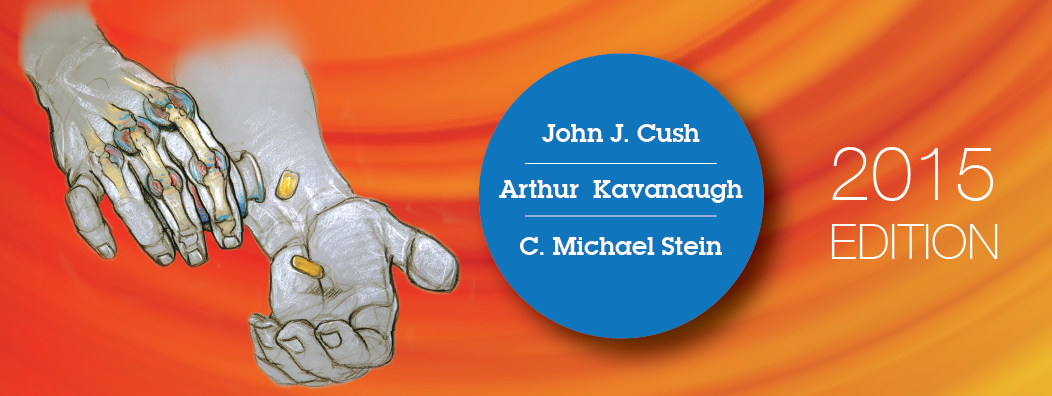DNA Antibodies
Last updated: November 24, 2014
Synonyms: Anti-DNA, dsDNA, native DNA, nuclear DNA (nDNA), Farr assay, Crithidia luciliae assay, DNA-binding assay.
CPT Code: 86225
Description: Autoantibodies that react with dsDNA (anti-DNA or anti-dsDNA) are important in both the diagnosis and pathogenesis of SLE. Diag0nostically, anti-dsDNA antibodies are relatively specific for SLE and are part of the American College of Rheumatology classification criteria for SLE. The presence of anti-dsDNA antibodies defines a subset of patients with SLE who are expected to have more severe disease. In particular, these antibodies are associated with the development of lupus nephritis. The concentration (or titer) of DNA antibodies may give some indication of disease activity when followed serially. Some patients with lupus demonstrate higher titers of dsDNA antibodies and lower serum complement levels during disease flares, and, conversely, these indices normalize with appropriate medication and clinical improvement. Pathogenically, immune complexes containing anti-dsDNA antibodies can be found in the circulation and deposited in the tissues of patients with SLE. Specific characteristics of anti-DNA antibodies (e.g., their isotype and overall electrical charge) predispose to renal disease. Single-stranded DNA antibodies are commonly found in SLE but are distinctly different from dsDNA antibodies and are not specific for SLE or associated with nephritis.
Method: Several methods can assess the presence of anti-dsDNA antibodies. The Crithidia luciliae assay uses immunofluorescence to detect antibodies binding to a structure called the kinetoplast (which is rich in dsDNA) near the tail of this organism. It has been used for many years and is relatively specific for antidsDNA antibodies (antibodies to denatured or single-stranded DNA do not give positive results in this assay). Results are reported as titers (i.e., the highest dilution of serum that still gives positive staining). Other tests for DNA antibodies include radioimmunoassay (the Farr assay) and ELISA. Results from these various tests are reported in different units, and one must be familiar with the laboratory performing these tests. ELISA assays for dsDNA predominate among diagnostic laboratories.
Increased in: Anti-DNA antibodies are relatively specific for SLE. On rare occasion, low titers are found in healthy older persons or in patients with Sjögren’s syndrome, and autoimmune hepatitis or infectious hepatic disease.
Indications: Anti-DNA antibodies may be of value in establishing the diagnosis of SLE in difficult cases, determining the prognosis of patients known to have SLE, and indicating disease activity in SLE. These are not absolutes; patients with SLE without anti-DNA antibodies may have severe lupus nephritis and vice versa. Also, anti-DNA titers do not correspond to disease activity in every patient with SLE.
Relative Cost: The Crithidia luciliae assay, Farr assay, and ELISA all cost approximately $50.
BIBLIOGRAPHY
Smeenk RJ, van den Brink HG, Brinkman K, et al. Anti-dsDNA: choice of assay in relation to clinical value. Rheumatol Int. 1991;11:101-7. PMID: 1754810
Egner W. The use of laboratory tests in the diagnosis of SLE. J Clin Pathol. 2000 Jun;53(6):424-32. PMID: 10911799


